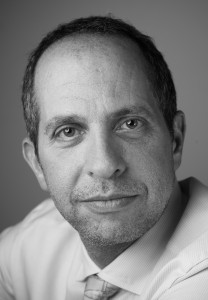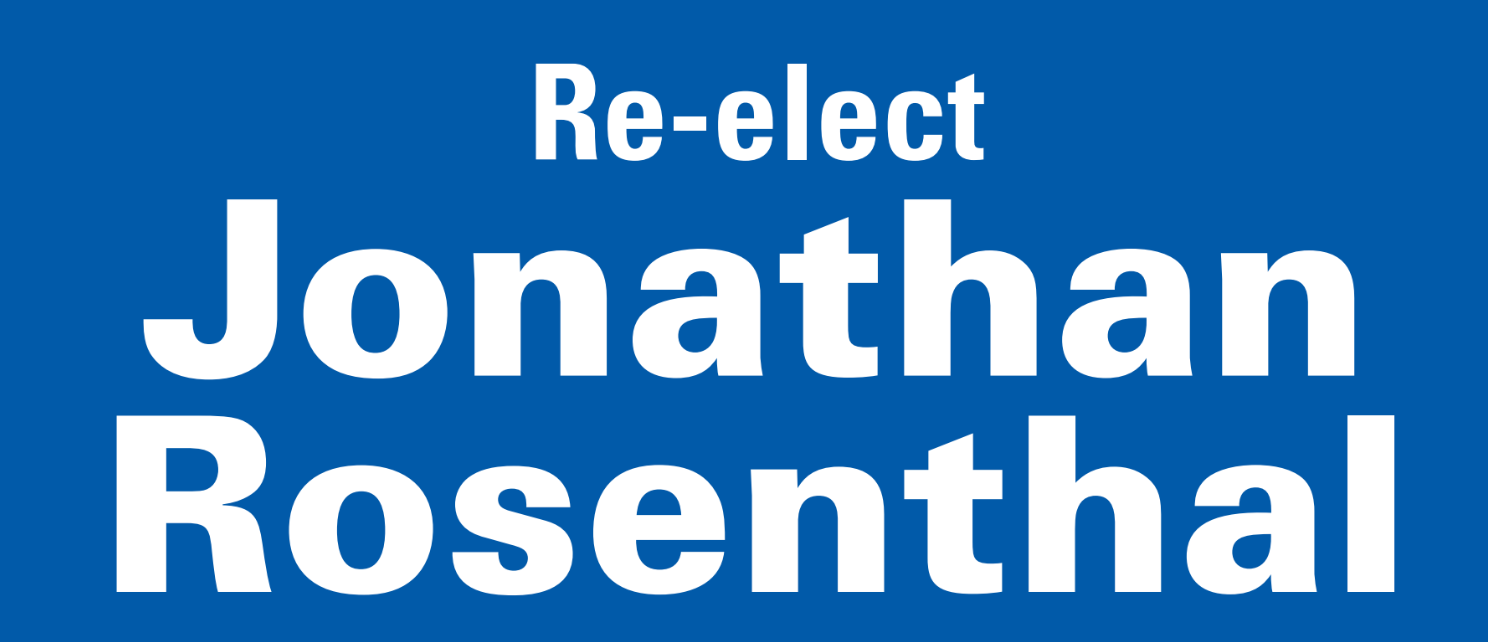Why I am running for Bencher
Colleagues.
As you know (or I hope you do) the Bencher election is fast approaching.
The election this year is more important than ever. Self regulation is at risk. I am running as part of the Good Governance Coalition to maintain self regulation. Here is a link to the coalition website: goodgovernancecoalition.ca
I was first elected a bencher in 2015.
In 2019 a group of lawyers called the StopSop ran on a single issue to abolish the statement of principles. As a result of vote splitting they won 22 of the 40 lawyer bencher seats. They have now re-branded themselves the FullStop Slate and are running 20 candidates outside of Toronto and 16 inside of Toronto.
I have witnessed first-hand the behaviour of many of the FullStop bencher incumbents at Convocation and there is no doubt in my mind self-regulation will end if they are elected.
They have brought many irresponsible motions. To highlight a but a few.
-
To drastically reduce fees with no consideration of the other side of the ledger as to the consequences of the of cuts that would have to be made.
-
To have only benchers call the names of those being call to the bar as opposed to a professional name caller. Slate benchers thought they were entitled to call names. The pronunciation of a person’s name is of vital importance especially to a new lawyer on the one of the most important days of their lives.
-
To allow all benchers attend the Proceedings Authorization Committee (which I chair) despite the fact that this was in violation of the Law Society by-laws which restrict attendance to only those on the committee.
-
To abolish the Bencher Code of Conduct. We are all are bound by Rules of Professional Conduct. Why do some of the incumbent FullStop benchers think that they should not be bound by a Code of Conduct like the rest of us?
I have witnessed many of the FullStop bencher incumbents treat LSO staff including the CEO and CFO with contempt.
Two incumbent bencher members of the FullStop disclosed confidential materials in direct violation of both the Bencher Code of Code of Conduct and the Law Society Act. One actually tweeted a confidential motion.
And now it has been disclosed that one incumbent bencher member of the FullStop changed his address (to an auto body shop) and phone numbers the day bencher nominations closed so he could run in Toronto as the FullStop could not find 20 people in all of Toronto to join their slate.
Is this who we want running our profession?
They have claimed that if elected the Good Governance Coalition will be bring back the Statement of Principles. That is an outright lie. Not one member of our group has any intention to do so.
We are not a party nor a voting block. We all recognize the independent fiduciary duty a board member has. We are however, committed to determine if there is a method to ensure slates and coalitions can be stopped in the future.
We are only running as coalition to ensure the FullStop team is not elected and to stop their goal of dismantling the law society as we know it.
I hope I have your support to vote for every member of our coalition.
I would be grateful if you would share this website with everyone you know who can vote.
About Me
-
1987 Graduated Osgoode Hall Law School
-
1989 Called to the Bar of Ontario
-
1989-present sole practitioner criminal law
-
2015-present Bencher Law Society of Ontario
-
Fellow American College of Trial Lawyers
-
2018-19 McMurtry Visiting Clinical Fellow, Osgoode Hall Law School
Teaching
My Regular Gigs
-
Adjunct Professor, Osgoode Hall Law School
-
Director Trial Advocacy Program
-
Director Certificate in Oral Advocacy
-
Co-director Criminal Intensive, Osgoode Hall Law School
-
Team Leader, Intensive Trial Advocacy Workshop, Toronto
-
Team Leader, Intensive Trial Advocacy, University of Notre Dame Law School, South Bend
-
Instructor, Trial Advocacy, Alberta Department of Justice, Calgary
Guest Appearances
-
Ontario Court Toronto Regional Judges’ Seminar
-
Ontario Court East Regional Judges’ Seminar
-
Nova Scotia Provincial Court Judges’ Conference
-
Ontario Criminal Lawyers Association
-
Law Society of Ontario
-
Advocates Society
-
Alberta Department of Justice
-
Canadian Association of Chiefs of Police
-
Ontario Centre of Forensic Sciences
Bencher Work
-
Chair Proceedings Authorization Committee
-
Law Society Foundation
-
Professional Regulation Committee
-
Access to Justice Committee
-
Equity and Indigenous Affairs Committee
-
Strategic Planning and Advisory Committee
-
Alliance for Sustainable Legal Aid
Other
-
Member Ontario Criminal Lawyers’ Association, former Vice President
-
Beyond Borders ECPAT Canada, Board Member, Legal Spokesperson and Pro Bono Counsel
-
Lawyers Feed The Hungry: Major Gifts Campaign, Committee Member
-
The Bugsy Newman Ken Danson Golf Tournament in Support of Lawyers Feed the Hungry, Committee Member.
Where I stand
Education
I firmly believe education does not stop at graduation and that all lawyers can and should continue to learn. That is one of the main reasons I spend so much of my time teaching. I would like to see expansion of the scope of CPD so that all CPD hours (including all professionalism hours) can be obtained by engaging in even more activities.
Pro Bono
I have engaged for years in pro bono work both in my practice and as pro bono counsel for Beyond Borders. I do this volunteer work as I am passionate about it and the benefits are immense. Although I encourage all lawyers to engage in pro bono work if possible, it should not be a mandatory requirement. Having said this I would support a model that those who do engage in pro bono work do receive considerable benefits from the LSO for engaging in such activities. Be this as fulfilling CPD requirements or receiving rebates from LawPro or reduction in LSO annual fees.
Discipline
I have served on the Proceeding Authorization Committee since 2015 and am presently the chair. The formal discipline process should be reserved for cases in which the public is put at risk or the conduct complained of brings our profession into disrepute. Members who lie, cheat and steal should be dealt expeditiously to ensure protection of the public. In other cases alternatives such as ADR, mentoring and restorative justice should be considered. We have made some headway but still have a long way to go.
Access to Justice in General
The expansion of paralegal scope is NOT the solution.
Any of us who regularly appear in court know that too many litigants are unable to afford a lawyer. Many of us have suffered through litigating cases in which one of the parties is self-represented. The LSO continues to take a strong leadership role in regards to Legal Aid. The LSO must continue with engaging with all levels of government for better legal aid funding and by working with the courts to develop procedures which specifically address the needs of self-represented litigants. I hope all levels of government will finally acknowledge that it is simply cheaper to the system as a whole to provide parties with lawyers than to allow for an individual to be self-represented. The LSO must also strongly continue support the Legal Aid private defence counsel certificate system.
The FLSP
The FLSP will also not solve the problem of too many self represented parties in family law litigation. Though the Bonkalo report was well intentioned having anyone other than lawyers litigate family matters will not work. I was opposed to the original proposed model and reached out to some leaders to the family law bar and proposed an alternative model by way of a minority report. The model that was passed by Convocation was identical to my proposal.
Young Lawyers
The young lawyers of today are our leaders of the bar tomorrow. The LSO must continue to support our young members as much as possible. Their voices too must be heard at Convocation. This may also require a dedicated position for younger members of the bar at Convocation. Too many young graduates cannot find articling jobs. Not paying them would be both disgraceful and not solve the problem. I strongly supported the Law Practice Program (LPP), Programme de pratique du droit (PPD) and the Integrated Practice Curriculum (IPC) both in Convocation and in teaching. Too many young lawyers upon graduation do not have sufficient support in place. As such the LSO continue to do whatever it can to encourage mentoring of young lawyers. Refer to the Education section above.
Certified Specialists
Designating lawyers with expertise so the public has confidence in the lawyer they choose is a fantastic idea. But if the public is going to rely on a designation in making such a choice the designation must mean something. I remain hopeful the program can be revamped to ensure that all certified specialists are truly experts in their field. If this cannot be done it is not in the public interest to maintain nor grandparent existing specialists.
Running for Bencher April 5th, 2023Funnel Admin

